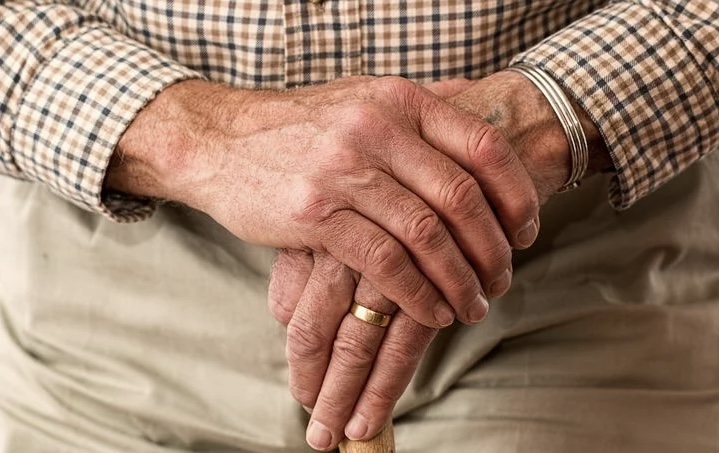If you are over 60 or clinically vulnerable, you could be at higher risk of severe illness from coronavirus. You:
- should be especially careful to follow the rules and minimise your contacts with others
- should continue to wash your hands carefully and more frequently than usual and maintain thorough cleaning of frequently touched areas in your home and/or workspace
Clinically vulnerable people are those who are:
- aged 70 or over (regardless of medical conditions)
- under 70 with an underlying health condition listed below (that is, anyone instructed to get a flu jab each year on medical grounds):
- chronic (long-term) mild to moderate respiratory diseases, such as asthma, chronic obstructive pulmonary disease (COPD), emphysema or bronchitis
- chronic heart disease, such as heart failure
- chronic kidney disease
- chronic liver disease, such as hepatitis
- chronic neurological conditions, such as Parkinson’s disease, motor neurone disease, multiple sclerosis (MS) or cerebral palsy
- diabetes
- a weakened immune system as the result of certain conditions or medicines they are taking (such as steroid tablets)
- being seriously overweight (a body mass index (BMI) of 40 or above)
- pregnant
There is a further group of people who are defined, also on medical grounds, as clinically extremely vulnerable to coronavirus – that is, people with specific serious health conditions. Over this period, we are advising the CEV to work from home. If you cannot work from home, you are advised not to go to work and may be eligible for Statutory Sick Pay (SSP) or Employment Support Allowance (ESA). You are encouraged to stay at home as much as possible, but are encouraged to go outside for exercise. The full new guidance will be published on Monday 2 November and the Government will write to everybody who is clinically extremely vulnerable to set out detailed advice while the new restrictions are in place. Current advice is in place at each local COVID alert level.




